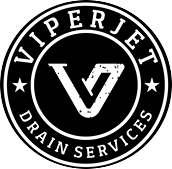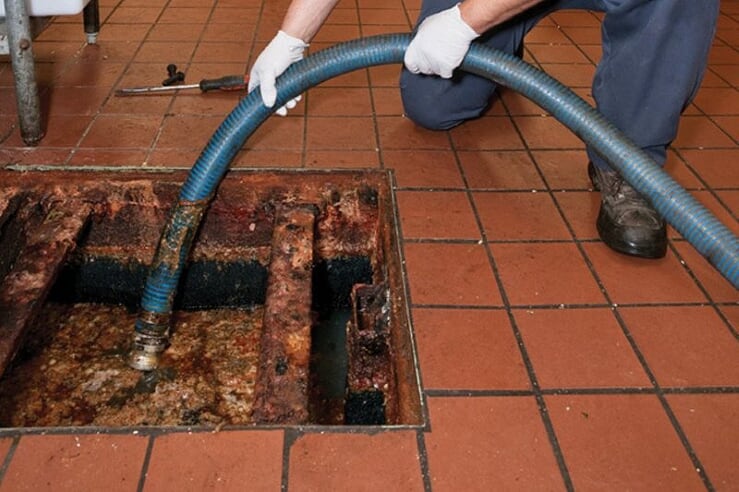Grease buildup in restaurant kitchen sinks can lead to clogs, foul odors, and plumbing issues. To prevent grease buildup and keep your kitchen sink functioning properly, here are some best practices:
- Install Grease Traps: Grease traps are essential devices that capture and separate grease from wastewater before it enters the plumbing system. Regularly clean and maintain the grease traps to ensure they are working efficiently.
- Use Strainers: Place strainers or drain screens in your sink to catch solid food particles, preventing them from going down the drain and contributing to grease buildup. Clean the strainers regularly to remove trapped debris.
- Scrape Plates and Cookware: Before washing dishes, scrape off excess grease and food particles into the trash. Use a rubber spatula or scraper to remove as much grease as possible before rinsing the utensils.
- Dispose of Grease Properly: Do not pour grease or cooking oil down the sink drain. Instead, collect the grease in a designated container and dispose of it in the trash or recycle it as appropriate. Consider partnering with a local recycling company that accepts used cooking oil.
- Hot Water and Dishwashing Detergent: Use hot water and a degreasing dishwashing detergent when washing dishes. Hot water helps dissolve and flush away grease, while a grease-cutting detergent aids in breaking down oily residues.
- Regular Cleaning: Routinely clean the sink and drain to prevent grease buildup. Use a grease-fighting cleaner or a mixture of baking soda and vinegar to break down and remove grease deposits. Scrub the sink and drain with a brush or sponge, paying attention to hidden corners and crevices.
- Regular Maintenance: Schedule regular plumbing maintenance to inspect and clean the drain lines, ensuring there are no obstructions or excessive grease buildup. Professional maintenance can help identify and address any potential issues before they escalate.
- Educate Staff: Train your kitchen staff on proper grease disposal and maintenance practices. Emphasize the importance of preventing grease buildup and provide clear guidelines for handling grease in the kitchen.
By implementing these preventive measures and promoting a culture of cleanliness and responsible grease disposal, you can significantly reduce grease buildup in your restaurant kitchen sink, keeping your plumbing system running smoothly.
Why Grease Trap Installation and Maintenance are Important for Your Commercial Kitchen
The basic structure of a grease trap consists of a large, watertight container with two or more chambers. The first chamber, known as the inlet chamber or pre-treatment chamber, allows the wastewater to enter the trap. Inside the trap, the flow of wastewater slows down, allowing the FOG to separate and float to the top of the trap. The second chamber, known as the outlet chamber or retention chamber, allows the relatively grease-free water to exit the trap and continue into the municipal sewer lines.
Grease traps are equipped with baffle plates or other internal components that help to control the flow of water and grease, ensuring effective separation. The capacity of a grease trap depends on the size of the establishment and the volume of wastewater generated. Larger food service establishments may require larger grease traps or multiple interconnected traps to accommodate higher flow rates and grease loads.
Regular maintenance and cleaning of grease traps are crucial to their proper functioning. Over time, the accumulated grease and solids need to be removed from the trap to maintain its capacity and prevent blockages. Grease trap cleaning should be performed by trained professionals and in compliance with local regulations, as the collected grease and wastewater may be subject to specific disposal requirements.
By using grease traps, restaurants and food service establishments can prevent the discharge of FOG into the sewer system, reducing the risk of clogs, sewer backups, and environmental contamination. It helps to ensure the smooth operation of the plumbing system and supports compliance with local wastewater regulations. If you don’t have idea about how to install and maintain a grease trap, consider hiring a professional grease trap cleaning service. ViperJet is a grease trap cleaning company and it has the advance equipment, expertise, and knowledge to clean a commercial kitchen grease traps effectively.

